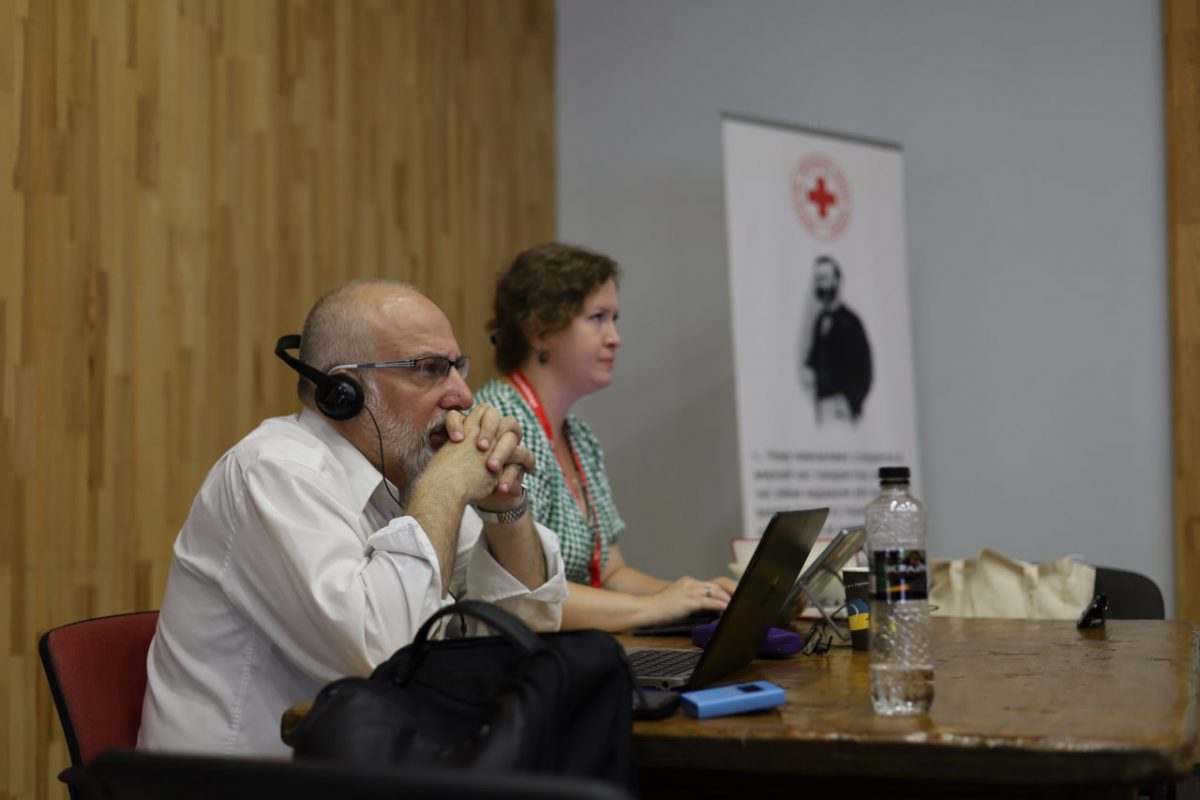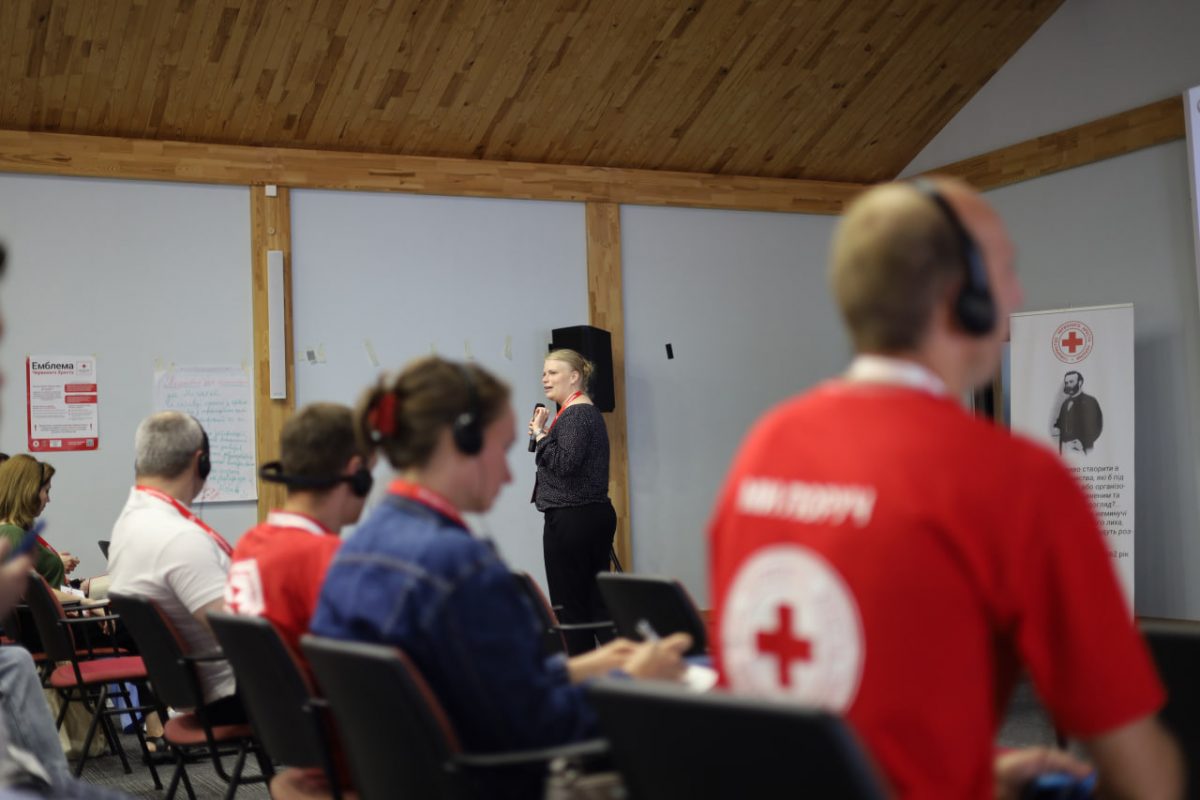INTERNATIONAL HUMANITARIAN LAW
International Humanitarian Law (IHL) is the law of war, a branch of international law whose main purpose is to humanize hostilities and alleviate the suffering of war victims. IHL is used in situations of armed conflict, both international and domestic. IHL consists, on the one hand, of the so-called Geneva Law (Geneva Law), which includes rules for the protection of victims of conflict, and, on the other, of The Hague Law (Hague Law), which includes rules on means and methods of warfare.










Main tasks:
- Protection of civilians and those who have ceased to take part in hostilities (wounded and prisoners).
- Regulation of means and methods of warfare.
The Red Cross initiated the creation and adoption of the world-famous Geneva Conventions, signed in 1949 and the Additional Protocols to them in 1977 and 2005, which are considered the main instrument of IHL. The uniqueness of these conventions is that together with the UN Charter, they are the only international treaties in which all countries of the world participate.
Sources of International Humanitarian Law:
- The First Geneva Convention “for the Amelioration of the Condition of the Wounded and Sick in Armed Forces in the Field”
- The Second Geneva Convention “for the Amelioration of the Condition of Wounded, Sick and Shipwrecked Members of Armed Forces at Sea”
- The Third Geneva Convention “relative to the Treatment of Prisoners of War”
- The Fourth Geneva Convention “relative to the Protection of Civilian Persons in Time of War”
- Protocol Additional to the Geneva Conventions of 12 August 1949, and relating to the Protection of Victims of International Armed Conflicts (Protocol I)
- Protocol Additional to the Geneva Conventions of 12 August 1949, and relating to the Protection of Victims of Non-International Armed Conflicts (Protocol II)
- Protocol additional to the Geneva Conventions of 12 August 1949, and relating to the Adoption of an Additional Distinctive Emblem (Protocol III)
One of the areas of work of the Red Cross of Ukraine is the dissemination of knowledge about IHL, cooperation with the Government to ensure compliance with IHL and protect the symbols of the International Red Cross and Red Crescent Movement.
The Society also trains IHL trainers to help people understand, respect and use the principles of humanity in their daily lives, and to promote public awareness and civic responsibility.
The Society expands the geography of IHL programs in all regions of Ukraine among staff, volunteers of the Society, government agencies, and the local population through a unified system of coordination and training of IHL trainers and adaptation of teaching methods.
